Angels Of The Bible and Other Books
One distinctly Christian subgrene of speculative fiction is angel fiction, of which Frank Peretti’s This Present Darkness is the archetype. Other Christian SF novels, while not angel fiction, also feature angels. Given the immovable, and perhaps inevitable, place of angels in speculative fiction, I thought it would be interesting to examine what the Bible says concerning them.
The presence of angels in the Bible is strong, but elliptical. We see them in Scripture, but only in the corner of our eyes. Their fall,  beginning, and history are mysteries; we have no idea of what passes for “normal life” among angels, or what kind of relationships they enjoy with each other or with God. Of their work we have some idea, but none of their rest or their play – if they have anything we would recognize as rest or play, which we also don’t know.
beginning, and history are mysteries; we have no idea of what passes for “normal life” among angels, or what kind of relationships they enjoy with each other or with God. Of their work we have some idea, but none of their rest or their play – if they have anything we would recognize as rest or play, which we also don’t know.
Blurry as the details are, a general portrait does emerge from the Bible. Probably most important, good angels are absolutely good – “the holy angels”, Jesus called them, unfallen and sinless. They are also “stronger and more powerful” than human beings (2 Peter 2), and are sometimes called by certain elements of nature: flames of fire, winds, morning stars. Certainly angels are far impressive, far more terrifying, than popular art would lead us to believe. “Don’t be afraid” was how they tended to begin friendly visits. (Unfriendly visits were usually fatal.)
Angels in the Bible often seem to move through what strikes me – conditioned by sci-fi – as a kind of fourth dimension, in which they can intervene at will in our world without our awareness. Their power over matter and nature is obviously much greater than our own: causing chains to fall off and gates to open of themselves, inflicting plagues, closing the mouths of lions, striking people with blindness …
They are also capable of assuming physical bodies. Jesus, when He wanted to prove to His disciples that He wasn’t a ghost, ate in their presence and told them to touch Him: “A ghost does not have flesh and bones.” (Luke 24) By these tests, the angels who visited Abraham and Lot also proved they were, however temporarily, flesh and blood. Hebrews’ famous declaration that some people entertain angels without knowing it means that there have been similar angelic visits, albeit with far less dramatic endings.
 Angels relate to humanity as agents of God’s will: as messengers, “ministering spirits”, protectors, executioners. The notion of guardian angels – so widespread, so sentimental that it seems like it ought not to be true – actually is. Although the phrase never appears in the Bible, the concept does. The archangel Michael is “the great prince who protects” Daniel’s people, and Jesus warned us not to “look down on one of these little ones. For I tell you that their angels always see the face of my Father in heaven.”
Angels relate to humanity as agents of God’s will: as messengers, “ministering spirits”, protectors, executioners. The notion of guardian angels – so widespread, so sentimental that it seems like it ought not to be true – actually is. Although the phrase never appears in the Bible, the concept does. The archangel Michael is “the great prince who protects” Daniel’s people, and Jesus warned us not to “look down on one of these little ones. For I tell you that their angels always see the face of my Father in heaven.”
What form this guardianship takes, and with what thoughts or emotion it is carried out, we don’t know. So little is known of angels that all angel fiction inevitably involves a lot of invention, even at the most basic levels of what they are and how they live. Even granting this, you would think that Christian authors would follow Christian teaching as far as it goes, and strictly confine their invention to adding, not subtracting or altering.
And I think that most authors do, or at least try to. The portrayals of angels I’ve read in Christian novels generally conform to the biblical portrait, even if they rarely achieve the sense of holiness or fearfulness angels possess in the Bible. One little thing, though, has come to stand out as very doubtful to me: Everybody calls Satan Lucifer, and I think people believe – really believe – that that was his original name. (I used to believe it, too, until I spent a few minutes with a concordance and realized that whether the name Lucifer appears at all in the Bible is a matter of translation, and whether it applies to Satan is a matter of interpretation.)
What about you? How do you think angel fiction, published by and for Christians, stands up to the Bible’s view of angels?


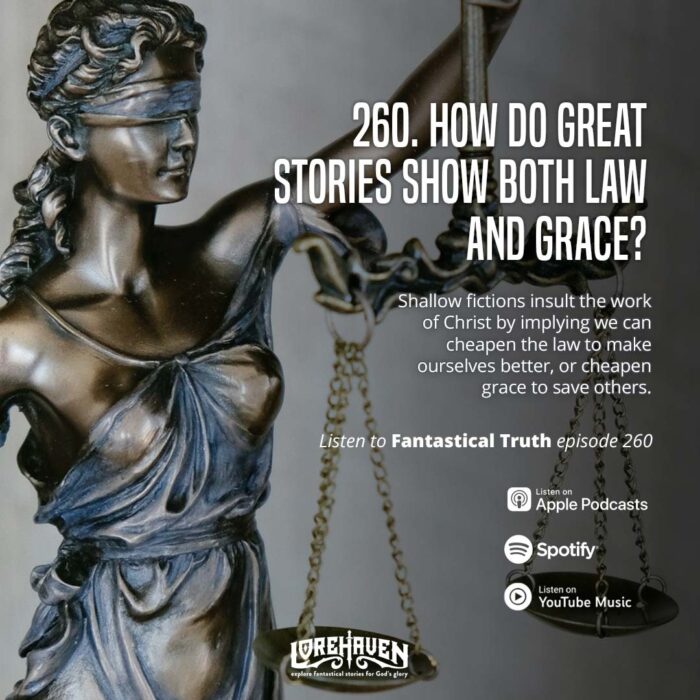

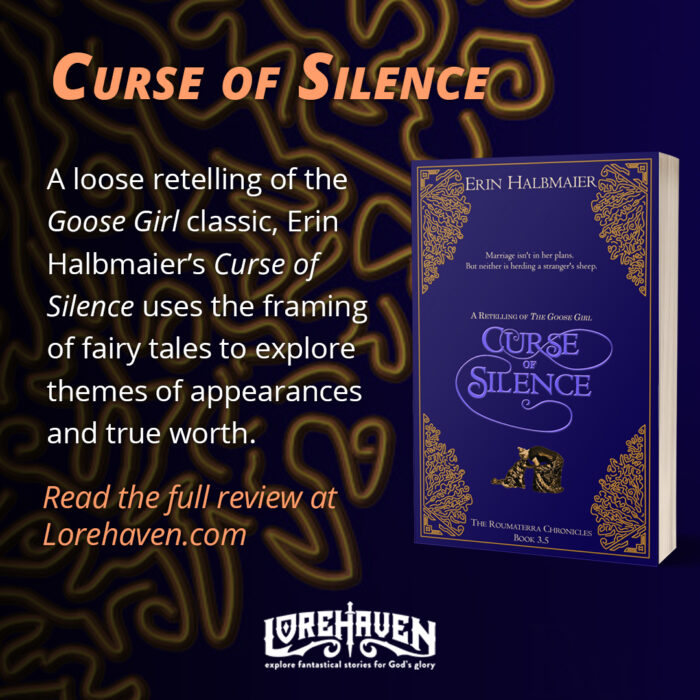







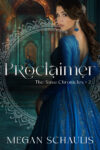
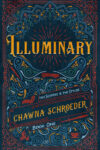

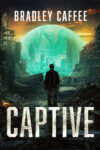


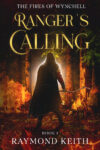
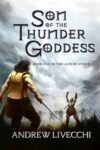

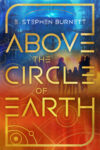



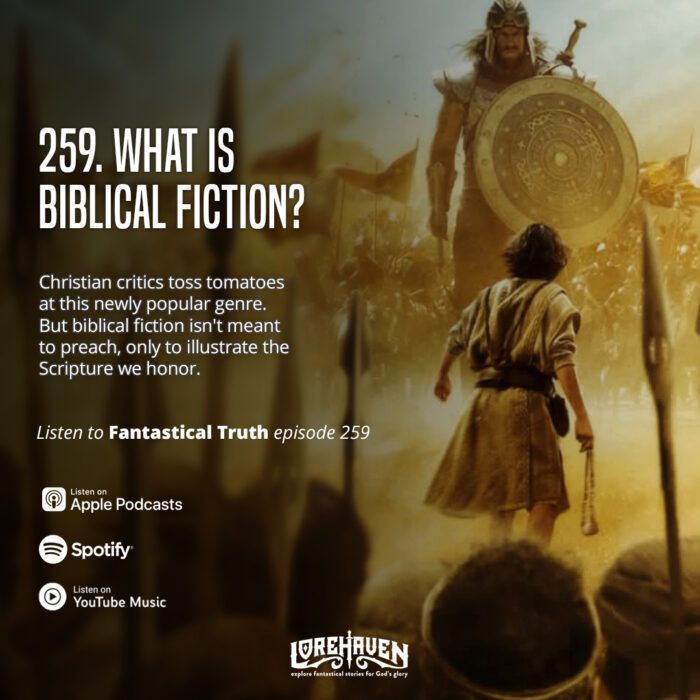
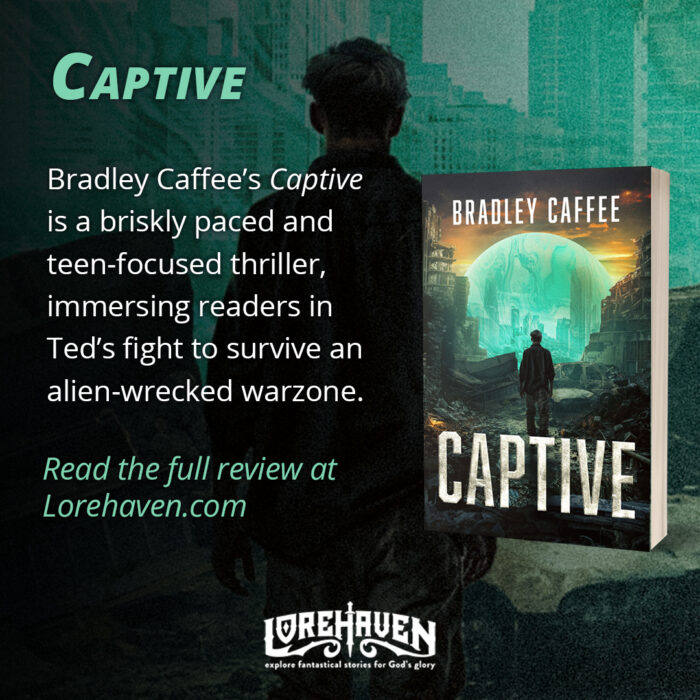

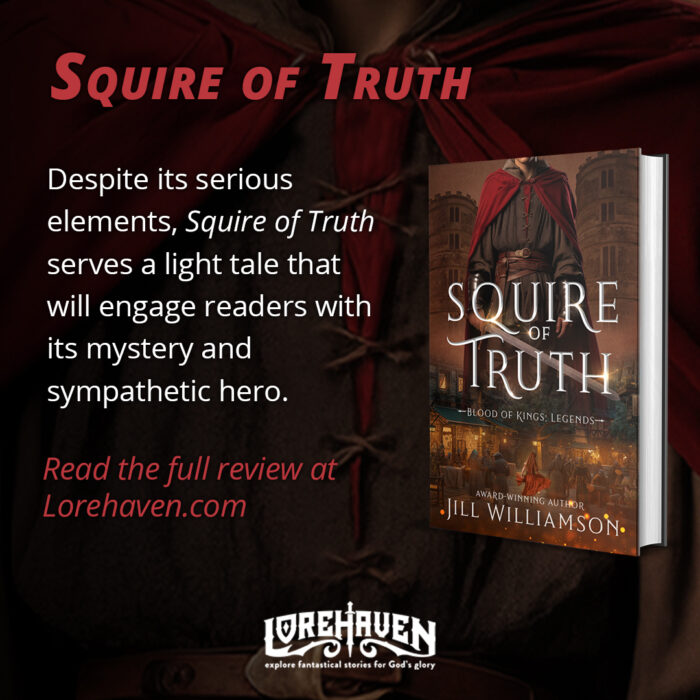


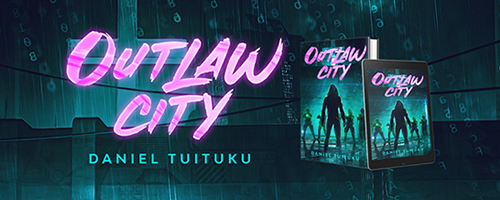
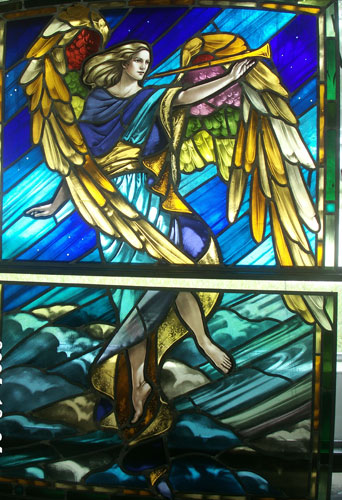



Interesting article – great summary of angels in the Bible. I think you are right in saying that most Christian fiction portrays angels in a fairly Scriptural fashion although not as “scary” and awe-inspiring as the Bible does. However I think we need to think a bit outside the box as writers. Peretti’s angels were so compelling I tend to see a lot of those in Christian fiction, which I guess is understandable, as who doesn’t want to read about a cool warrior type being who is protecting you?
I read a really interesting book by Dean Koontz (The Taking) which had a very startling portrayal of angels that was actually quite Biblical once I understood what he was doing. Really cool. And I have just finished reading CS Lewis’ Space Trilogy and have been reminded once again of his portrayal of angels, which was also Scriptural but quite different.
There’s lots of room for different portrayals of angels that are still Scriptural, I think. I hope I see more of that!
Excellent, thorough post, and food for thought on biblical portrayals of angels! Then there are those that are not so biblical. Angels do not bear children, for example, or have sexual natures as we understand them. Even Tolkien’s Valar, an interesting take on angels, are not sexual beings per se, and Tolkien took great care in suggesting that. The truth is, we do not know the details of the angelic world, nor are we meant to. God has pulled a heavenly veil of discretion over that. Works like Peretti’s and others are sheer fiction, utter fiction, and should not ever be revered as “cracking the veil,” as if these stories are “the way it really is.” We do not know “the way it really is,” beyond what scripture tells us, nor are we meant to. Lewis wisely wrote a disclaimer for his Screwtape Letters, as he did also for The Great Divorce. Worship of angels was a very real danger in New Testament times (even John was rebuked for falling down at an angel’s feet, remember), so in our day let’s refrain from regarding angel novels as a second form of scripture, particularly in the pictures they paint. That being said, as long as a story conforms with what we know of angels as revealed in the Word of God, we should have no issue and commend it to God, and to our enjoyment.
Not trying to be picky, but the way this paragraph is worded, some might think you’re suggesting that Jesus is an angel and proved he could take on a physical body. I don’t think that’s what you’re saying. I think you’re trying to make the point that angels aren’t ghosts, and they proved this in their interactions with Abraham.
I just bring this up because some like JW’s teach that Jesus is an Arch Angel instead of the Eternal God the Son.
“That’s Arianism, Pah-trickk!”
The angels/sexuality thing is ignored ALL THE TIME. Want your character to have special powers? Make them half-angel. It’s the ‘religious’ version of paranormal romance, a filler for vampires or werewolves.